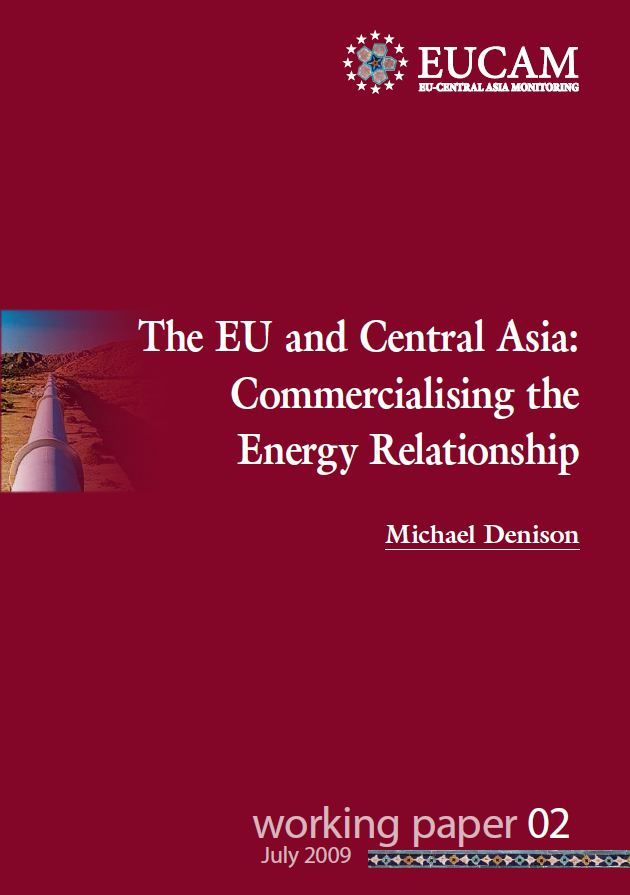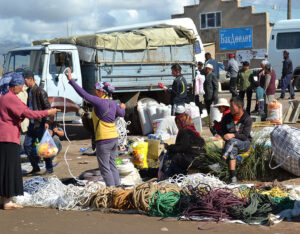The EU and Central Asia: Commercialising the Energy Relationship

Download “The EU and Central Asia: Commercialising the Energy Relationship”
EUCAM-Working-Papers-Reports-2.pdf – Downloaded 394 times – 638.00 KBThe commercial energy relationship between the EU and Central Asia will be structured around gas above other hydrocarbons and minerals. More specifically, it would entail the provision of medium- to long-term volumes of around 15 bcm annually to supplement the core supply base from Azerbaijan’s Shah Deniz II project. The crucial Central Asian state in this equation is Turkmenistan, which alone has the requisite volume availability for export. As such, the initial finding of this paper is that Turkmenistan should be the EU’s strategic priority for engagement on energy issues. The secondary findings of this working paper are that there is both a role for the EU in Turkmenistan and a willingness on the part of the Turkmen, if only on a tactical level, to engage. The EU, with European energy companies, can up their game by: i) actively seeking to resolve the long-standing maritime boundary dispute between Turkmenistan and Azerbaijan; ii) seeking to secure a supply commitment on gas volumes from specified sources flowing through the proposed East-West pipeline; and iii) working to promote EU companies as the best technical and most environmentally responsible commercial partners to develop new onshore fields under a legal formula that protects all parties’ interests. For their part, EU energy companies must stay engaged and consider whether they would be prepared to work under commercial arrangements short of a Production-Sharing Agreement (PSA) and closer to the Joint Activity Agreement (JAA) model.







